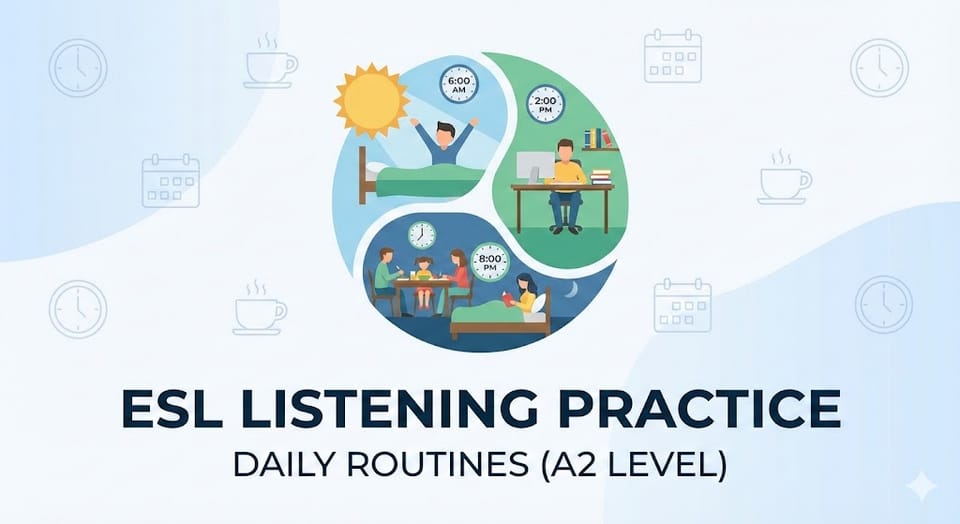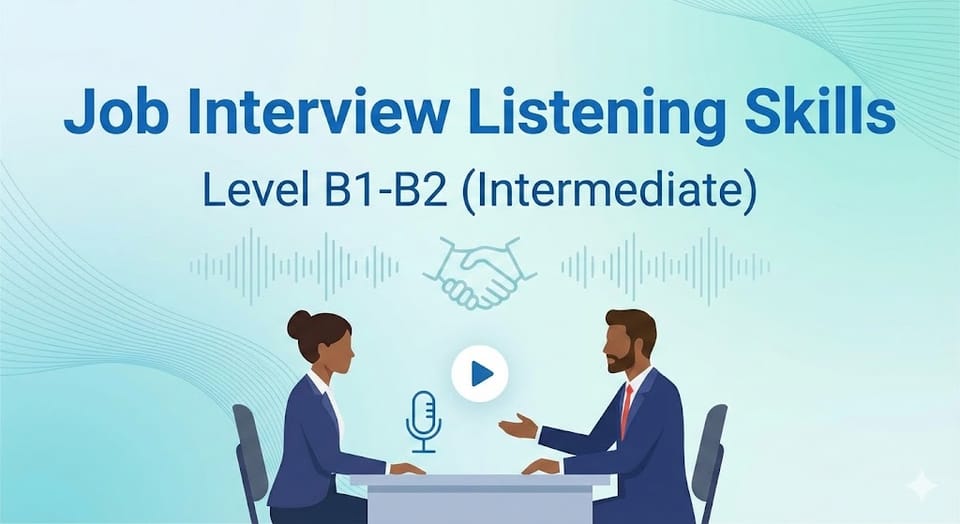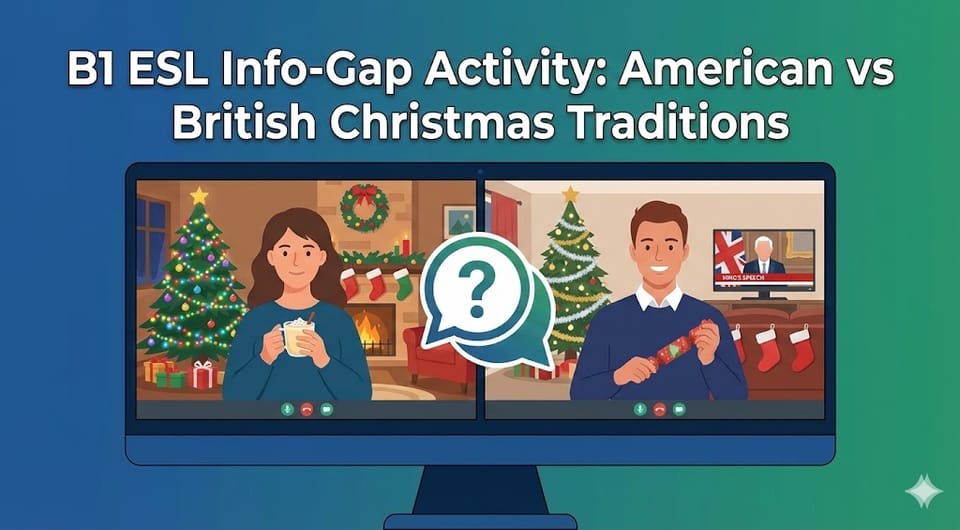Modals - May, Can, Could
An introduction to modals of ability and permission.

Modals: Ability & Permission
Using Can, Could, and May
Ability
We use can and could to talk about what we are able to do.
Can / Can't
Use can for ability in the present. Use can't (cannot) for lack of ability in the present.
She can speak three languages.
I can't swim.
Could / Couldn't
Use could for ability in the past. Use couldn't (could not) for lack of ability in the past.
When I was young, I could run very fast.
He couldn't come to the party last night.
Check Your Understanding
1. My brother is a chef. He ___ cook delicious Thai food.
2. I looked everywhere for my keys, but I ___ find them.
Permission
We use can, could, and may to ask for or give permission.
Can (Informal)
Use can for informal situations, like with friends or family.
A: Can I borrow your pen?
B: Yes, you can. / No, you can't.
Could (Polite)
Use could to be more polite. It is good for talking to strangers or people you don't know well.
A: Could you please open the window?
B: Of course.
May (Formal)
Use may for formal situations, like in a classroom or with a boss. It is very polite.
A: May I come in?
B: Yes, you may.
Check Your Understanding
1. (To a teacher) ___ I go to the toilet, please?
2. (To a friend) ___ I use your phone?
Practice Quiz
Choose the best modal verb to complete the sentence.
1. A bird ___ fly, but a dog ___.
2. Excuse me, ___ you tell me the time, please?
3. I'm busy right now. ___ I call you back later?
4. He studied hard for the test, so he ___ answer all the questions.
5. "___ I ask a question, Professor?"
6. My grandfather ___ see without his glasses. He needs them all the time.
Quiz Complete!
You scored out of ().




